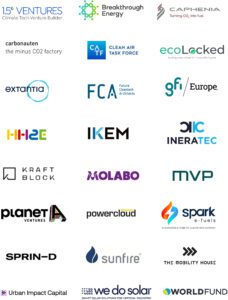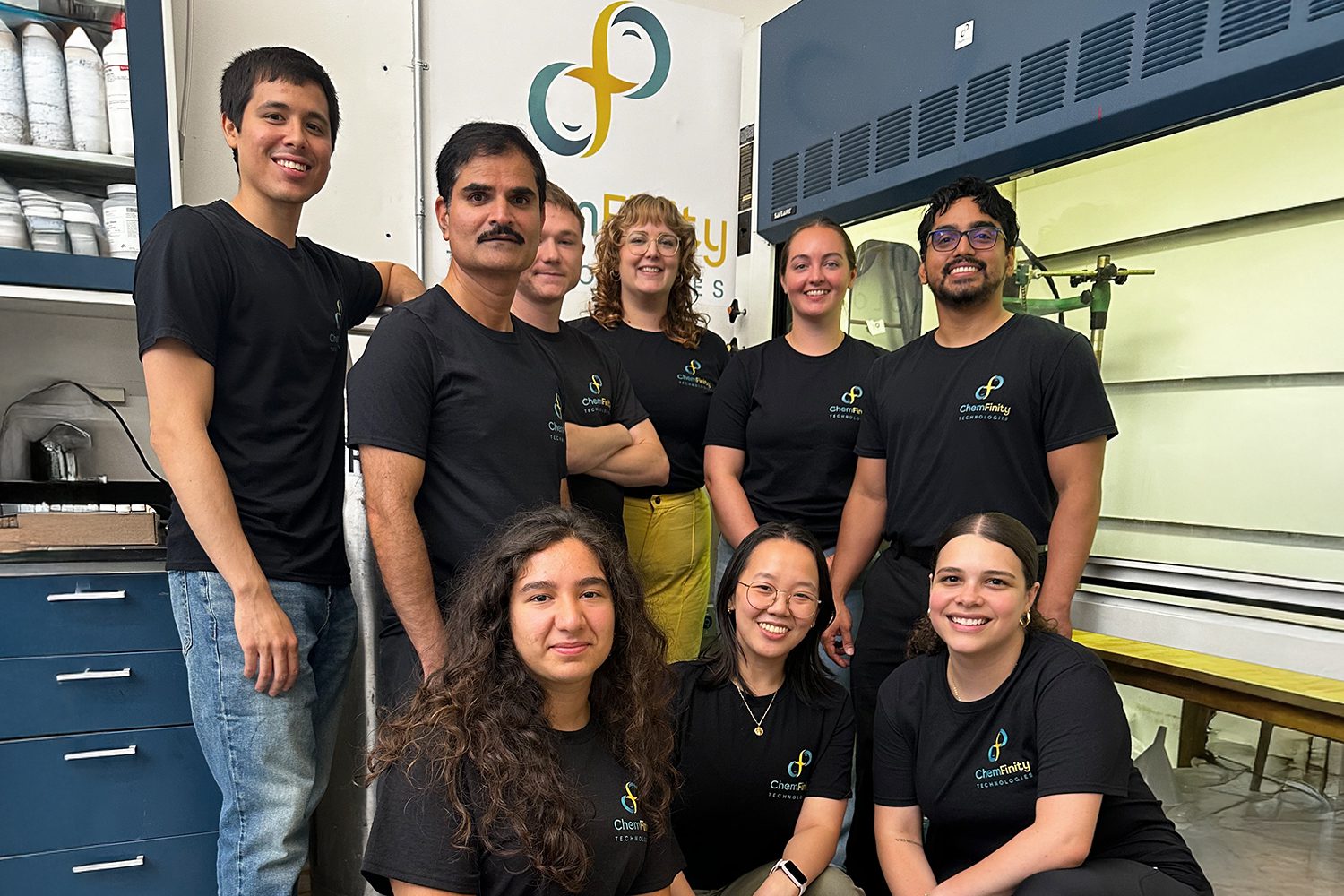Originally published on Cleantech for Europe
Russia’s war against Ukraine has shaken many geopolitical constants of the past decades. In addition to the security threat, we are reminded of the devastating consequences of Germany's energy dependence on Russia and fossil fuels in general.
In early June, Germany’s Minister for Economic Affairs and Climate Action, Robert Habeck, presented a draft of the national startup strategy. The strategy comes at a crucial time. With the ongoing war, Germany and Europe will need to more than ever end the fossil fuel age and promote innovative climate technologies. Well designed, it can help Germany achieve its climate goals while ensuring its energy independence.
A look at the latest IPCC report shows that Germany must accelerate its commitment to climate protection. The current efforts are insufficient, as the world is heading for a 3°C scenario, which would have significant negative repercussions on people and ecosystems around the world.
About a third of German startups are already significantly contributing to the transformation of the German economy through climate technologies and environmental protection. Climate tech startups provide hope, and at the same time face considerable challenges due to their relatively large share in hardware installations. Unlike readily scalable digital startups, hardware startups require significant investments for equipment and machinery. Examples here are the production of green steel or cement.
Germany's cutting-edge research is unique in the world – numerous highly efficient climate tech solutions are created every year at German universities, research societies such as Fraunhofer, Leibnitz and Max Planck, and leading frontier research organizations on climate technology such as the Karlsruhe Institute for Technology (KIT), the German Aerospace Center (DLR) and the Jülich Research Center.
Many of these climate solutions can also help reduce dependence on Russian gas in the short term. After all, the biggest consumer of natural gas is Germany’s industry. With 88 percent of natural gas being used to generate heat and electricity, Germany’s dependence on gas can be efficiently replaced. Large gas-consuming industries include steel and cement plants, which are using natural gas to reach temperatures of up to 1500°C. Climate tech startups from Germany are developing solutions to reach these temperatures directly with green electricity. In the cement industry, energy requirements can be additionally reduced by new sustainable materials – while at the same time reducing the climate footprint by 30 percent in the short term.
Households can also help to reduce the share of Russian gas in the German electricity mix in the short term. Previously unused vertical surfaces on balconies and garages can be upgraded with highly efficient solar panels. These can cover up to 20% of the electricity consumption of an average household – while also easing the burden on people’s wallets.
In addition, state-of-the-art offshore hydrogen production can produce sustainable fuels such as e-kerosene and green marine fuel to become independent of Russian crude oil in the fuel market as well. New technology companies for sustainable fuels for aviation and shipping are emerging, but still require a clear regulatory environment and urgently needed public infrastructure. Only then can hundreds of untapped innovations finally enter the market to replace the fossil industries. The new wave of climate tech startups will help to achieve Germany’s climate targets, while directly contributing to energy independence from Russian oil and gas.
Courage is needed to advance the massive deployment of climate technology available in Germany. It also requires effective partnerships of innovative startups with strong industry partners, public stakeholders and committed venture capital investors. The following measures are urgently needed, so that the number of German climate tech startups can increase by more than a hundredfold within this legislative period.
- On the demand side, the state plays a central role in driving the market for green technologies now. This includes urgently needed Carbon Contracts for Difference (CCfDs) for several industries. The decarbonization of these industries can only be realized with fundamental process innovations including significant investments in new production facilities. CCfDs enable private investors to invest in new technologies over the long term. The state covers the risk and earns a share when the technology is successfully scaled up.
- Equally important is climate-neutral public procurement, or so-called Green Public Procurement (GPP), especially for cement and other building materials. As the public sector is Germany's biggest builder, accounting for more than a quarter (27 percent) of the market, GPP can be used to create a competitive market for climate-neutral building materials in a very short time. Examples already exist in parts of the USA and several EU countries, and German municipalities as well as the federal government can follow suit.
- To enable scaling, public financing instruments such as Germany’s Deep Tech Future Fund need a clear focus on climate technologies. In this context, financing is particularly necessary in the early, high-risk phase in start-ups and spin-offs, to mobilize more of the necessary private investment. The government can take on much of the technical risk, while private investors continue to bear the commercial risk.
- To encourage more Climate Tech spin-offs, German research institutions urgently need coherent guidelines on how Climate Tech startups can leverage research results. Currently, many German universities still demand high profit and company shares in startups, even though the initial research is mostly funded by the taxpayer. The lack of clarity is a barrier to spin-offs by months and years and discourages many scientists from launching a tech startup.
- To unleash their full effect, it is necessary to remove bureaucratic hurdles from the proposed measures. New instruments such as CCfDs are needed to enable startups to contribute with their frontier technologies.
- Germany is a pioneer in climate tech research and development. However, cutting-edge research needs to be scaled, rather than collecting dust on shelves. It is therefore welcome that the German government plans more living labs that create innovation-friendly conditions for new technologies. The new living labs program should be open to recently founded climate tech startups so that innovations can be scaled up more quickly.
Taken together, these measures would make a significant contribution to the implementation of the startup strategy and climate change. The objective should be that climate startups made in Germany significantly advance the transformation of the German economy towards net zero. The proposed regulatory improvements will help Germany to achieve its climate targets, while contributing to its energy independence. To do so, however, the government will need courage and faith in German technologies and entrepreneurs. With technology made in Germany, it will be possible to achieve the climate targets and energy independence.








